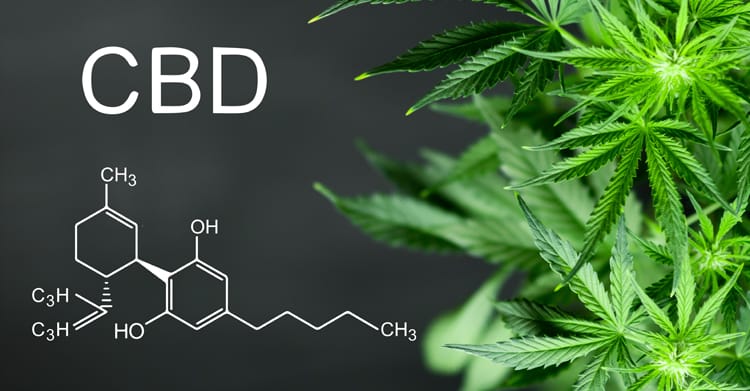Delta 9 THC and Its Role in Medical Cannabis
Delta-9-tetrahydrocannabinol Delta-9 THC is one of the most well-known and studied cannabinoids found in the cannabis plant. It is primarily recognized for its psychoactive properties, which are responsible for the high associated with cannabis use. However, Delta-9 THC also plays a crucial role in the medicinal benefits of cannabis, offering a range of therapeutic applications.
Psychoactive Properties and Mechanism of Action
Delta-9 THC exerts its effects by binding to cannabinoid receptors CB1 and CB2 in the brain and throughout the body. The activation of these receptors affects neurotransmitter release in the brain, which in turn influences mood, cognition, and perception. The CB1 receptors are predominantly located in the central nervous system, which explains the psychoactive effects of THC, while CB2 receptors are more common in the peripheral tissues and are involved in immune response modulation.
Therapeutic Applications
Pain Management: Delta-9 THC is widely used for pain relief, particularly in chronic conditions such as neuropathy, arthritis, and fibromyalgia. Its analgesic properties are believed to be due to its ability to modulate pain signals in the brain and spinal cord.

Anti-inflammatory Effects: In addition to pain relief, Delta-9 THC has anti-inflammatory properties. This makes it beneficial for treating conditions characterized by inflammation, such as Crohn’s disease, multiple sclerosis, and inflammatory bowel disease.
Appetite Stimulation: One of the well-documented effects of Delta-9 THC is appetite stimulation, commonly referred to as the munchies. This is particularly useful for patients undergoing chemotherapy or suffering from conditions like HIV/AIDS, where appetite loss and weight loss are significant concerns.
Nausea and Vomiting Control: Delta-9 THC is effective in controlling nausea and vomiting, making it a valuable treatment for patients undergoing chemotherapy. The FDA has approved synthetic THC dronabinol for this purpose.
Neuroprotective Properties: Research suggests that delta 8 vs delta 9 THC may have neuroprotective properties, potentially benefiting conditions like Alzheimer’s disease and Parkinson’s disease. Its ability to reduce oxidative stress and inflammation in the brain could slow the progression of neurodegenerative diseases.
Mental Health: Delta-9 THC can have both positive and negative effects on mental health. It has been shown to alleviate symptoms of PTSD, anxiety, and depression in some patients. However, high doses or chronic use can exacerbate symptoms of anxiety and may lead to dependency.
Legal and Safety Considerations
The legal status of Delta-9 THC varies widely across different jurisdictions. In some places, it is fully legalized for both medicinal and recreational use, while in others, it remains strictly prohibited. It is important for patients and healthcare providers to be aware of the legal framework in their region.
In terms of safety, while Delta-9 THC is generally well-tolerated, it can cause side effects such as dizziness, dry mouth, and impaired memory. Long-term use, especially in high doses, can lead to tolerance, dependence, and in some cases, psychiatric disorders. Therefore, it is crucial for medical use to be closely monitored by healthcare professionals.